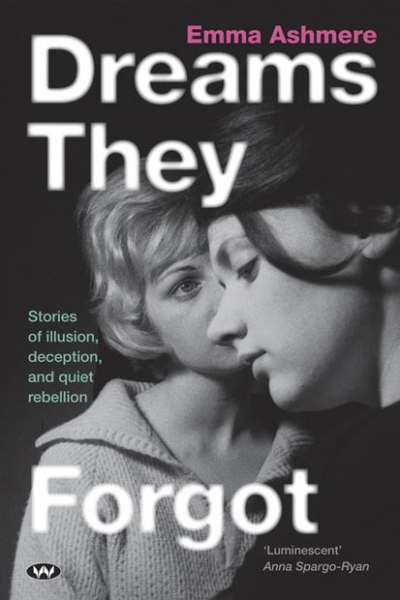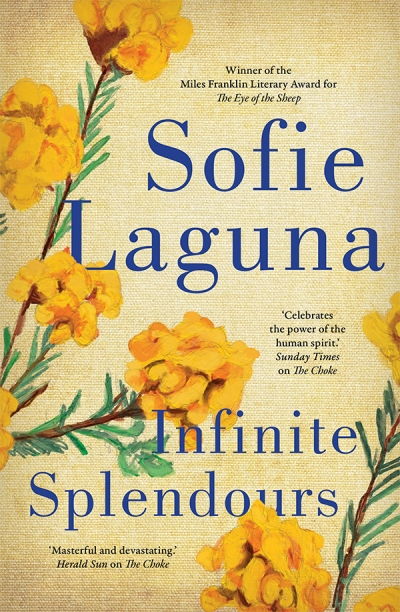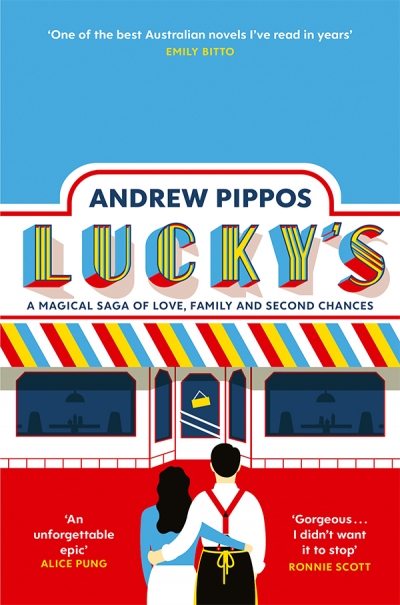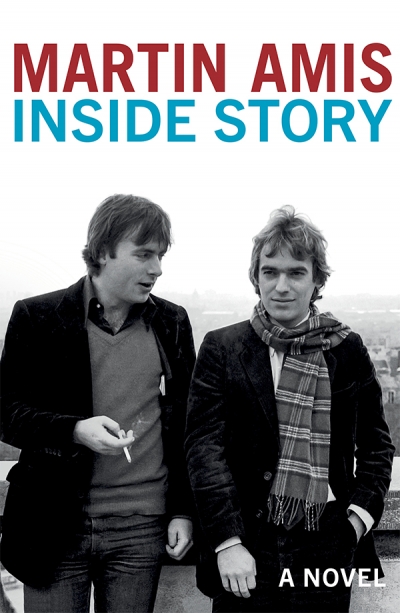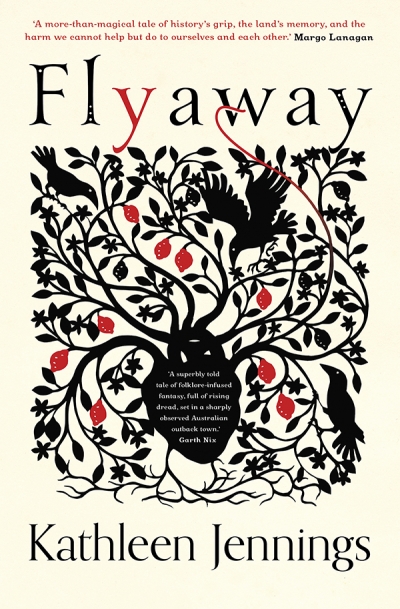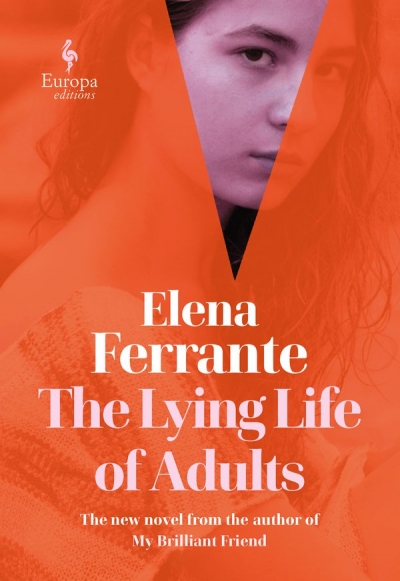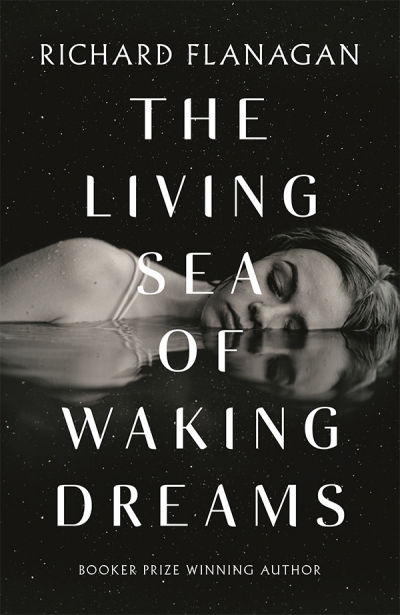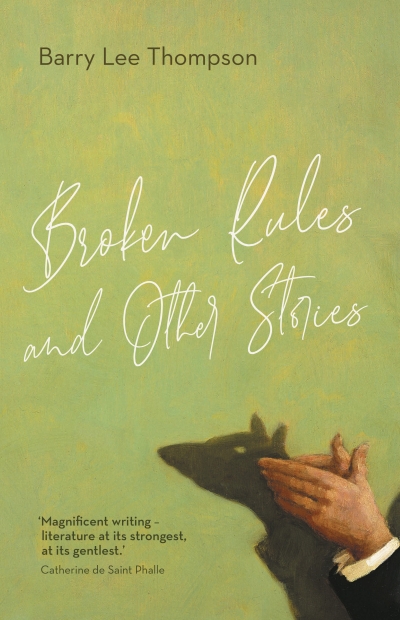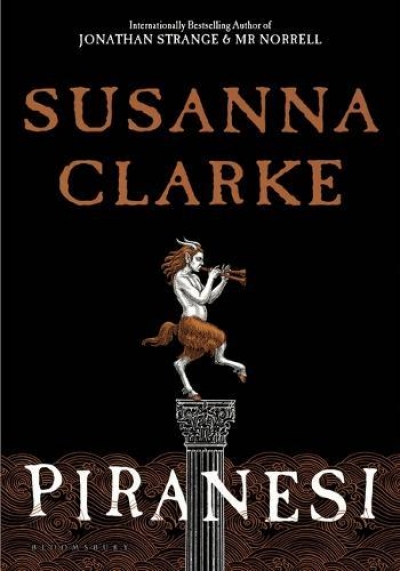Fiction
These three Young Adult novels differ wildly in tone, execution – even their grasp on reality. Georgina Young’s début novel, Loner (Text Publishing, $24.99 pb, 256 pp), won the Text Prize for an unpublished Young Adult manuscript in 2019, and was a deserving winner. Text has decided to market it as adult fiction, but it works well as a crossover novel. Her protagonist, twenty-year-old Lona (does not sound like loner!).
... (read more)
